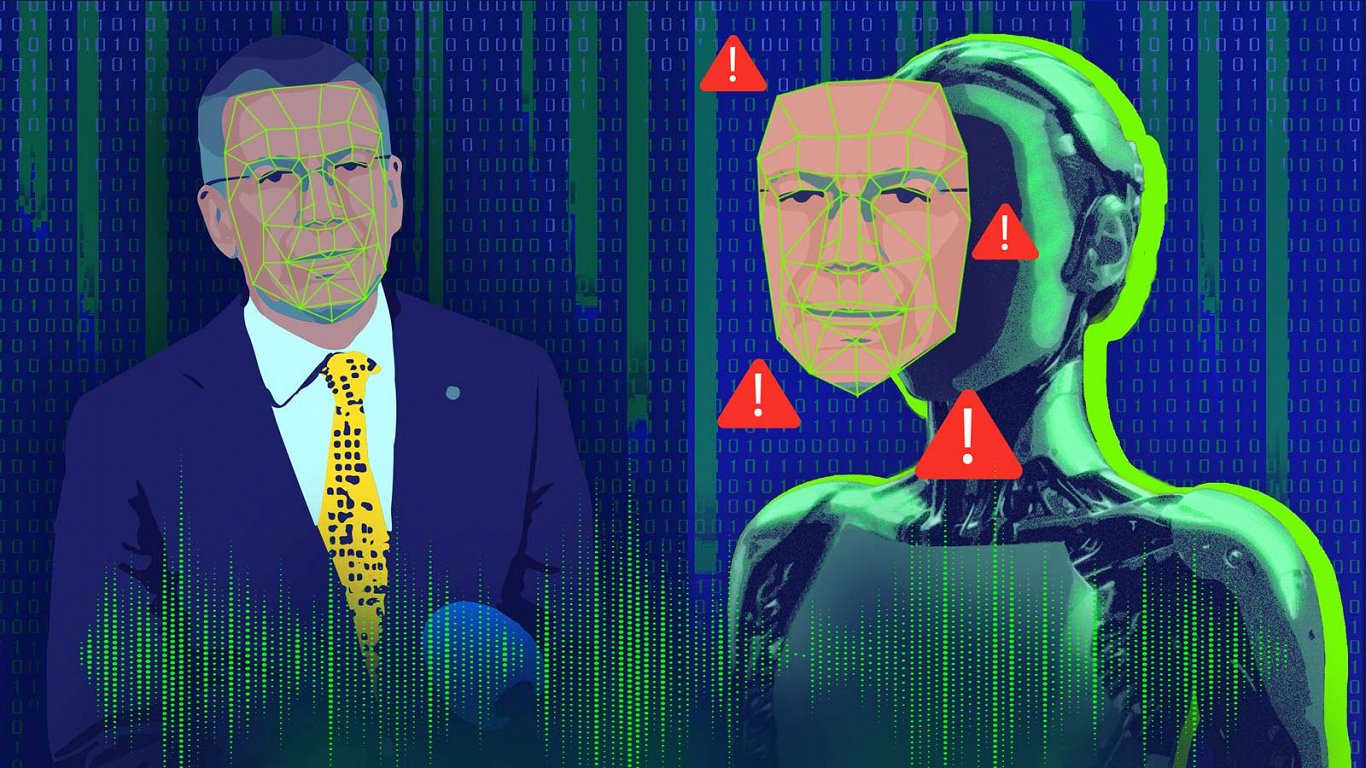The term 'deepfake' usually refers to the production of video or audio material designed to mislead viewers or listeners by, for example, attributing words or actions to people that they never said or did, using technology to generate credible footage or recordings that are in fact false. The atempt is often to discredit the target's honesty or morality.
In the letter to the Legal Commission, the President says that in Latvia, as a parliamentary country, it is within the Saeima's competence to elect, appoint or confirm high officials of the country and that the public has the right to trust that such positions are obtained in a transparent, fair and legal process, without undue influence.
"Deliberately producing or disseminating false discrediting information about candidates for the position of the highest state officials in connection with the process of election, appointment or confirmation of these officials, using deepfake technology, can cause significant or even irreversible damage to the national and international interests of the Latvian state, as well as to the interests of society," says the President's letter.
In the opinion of the President, it is now possible to quickly and easily commit a criminal offense causing significant damage with deepfake technologies and Latvia must be ready to give adequate countermeasures to such criminal offences.
"The State President invites the responsible commission of the Saeima to evaluate the possibility of supplementing the Criminal Law with a new article, which would provide for the liability of knowingly producing or disseminating false discrediting information about a candidate for the position of a public official who is elected, appointed or approved by the Saeima, using deep fake technology, if it was done during the process of election, appointment or confirmation of a state official as prescribed by law."
The proposal suggests that punishment for "influencing the process of confirmation in the Saeima by using deep fake technology" should be up to five years in jail.
However, the proposals are notably limited in that they aim to protect only persons in the political, parliamentary or administrative spheres who are appointed by Saeima – there is no wider call to protect ordinary citizens who may also be subjected to deepfake campaigns in their daily lives.
The proposals have some way to go before becoming law, and Saeima will have to wrestle with several tricky tasks, not least of which will be defining exactly what constitutes "deepfake" content and malicious intent with regard to its use.




























